Best & worse food for Irritable Bowel Syndrome – Tips
Welcome, Wellness Warriors, to another deep dive into optimizing your health and reclaiming your vitality! Today, we tackle a pervasive and often debilitating condition affecting millions worldwide: Irritable Bowel Syndrome (IBS). If you or someone you know grapples with the unpredictable and often painful realities of IBS, you understand the profound impact it can have on daily life and overall quality of life. The good news? While IBS is a complex condition of the digestive system, understanding the power of the right foods can lead to significant improvements and even long-term relief.
As an authority in wellness, we believe in providing accurate, detailed, and well-explained information grounded in facts. This article will equip you with a comprehensive understanding of how dietary choices can be your strongest ally in managing IBS.
Understanding the IBS Enigma: More Than Just an Upset Stomach

IBS is a chronic functional gastrointestinal disorder characterized by a group of gastrointestinal symptoms that typically include abdominal pain, cramping, bloating, gas, and altered bowel habits (diarrhea, constipation, or both). Unlike inflammatory bowel disease (IBD), IBS does not cause inflammation or damage to the digestive tract. However, the symptoms can be just as disruptive.
The exact cause of IBS remains elusive, but research points to a combination of factors, including abnormal gut motility, visceral hypersensitivity (an increased sensitivity to pain from the gut), altered gut bacteria (or gut flora), and communication issues between the brain and the gut. For many IBS sufferers, certain different foods can act as food triggers, exacerbating their common symptoms of IBS.
The Cornerstone of IBS Management: The Low-FODMAP Diet

When it comes to IBS treatment, one of the most extensively researched and effective dietary changes is the low-FODMAP diet. But what exactly does FODMAP stands for? It’s an acronym for Fermentable Oligosaccharides, Disaccharides, Monosaccharides, and Polyols. These are types of short-chain carbohydrates that are poorly absorbed in the small intestine. When they reach the large intestine, they are rapidly fermented by gut bacteria, leading to gas production, bloating, and fluid shifts – all of which can trigger IBS symptoms.
The low-FODMAP diet is not a permanent eating plan but rather a three-phase elimination diet. It involves:
1. Elimination Phase: Strictly limiting all high-FODMAP foods for a period of 2-6 weeks to reduce symptoms.
2. Reintroduction Phase: Systematically reintroducing high-FODMAP foods one by one to identify specific food triggers. This is crucial for personalizing your ibs diet.
3. Personalization Phase: Maintaining a balanced diet while avoiding only your identified trigger foods and consuming tolerable amounts of others.
Working with a registered dietitian or healthcare provider experienced in IBS is paramount when undertaking a low-FODMAP diet. They can guide you through the complexities and ensure you maintain a balanced diet and avoid nutritional deficiencies.
What Foods to Embrace on an IBS-Friendly Journey

While the low-FODMAP diet focuses on what to limit, it’s equally important to highlight the abundance of right foodsyou can enjoy. Here’s a general guide to IBS-friendly choices, keeping in mind that individual tolerances vary:
1. Lean Proteins: Your Gut’s Best Friend
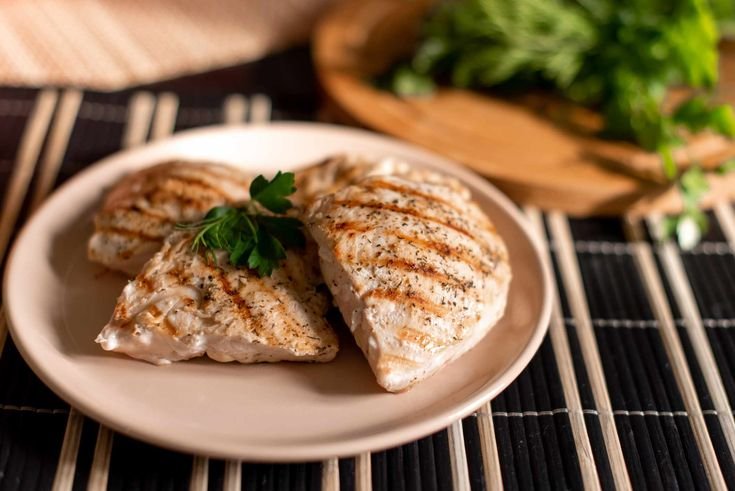
Lean meats like chicken, turkey, fish, and eggs are generally well-tolerated as they contain no FODMAPs. They are essential for muscle maintenance and overall health.
2. Low-FODMAP Fruits and Vegetables: Nature’s Pharmacy
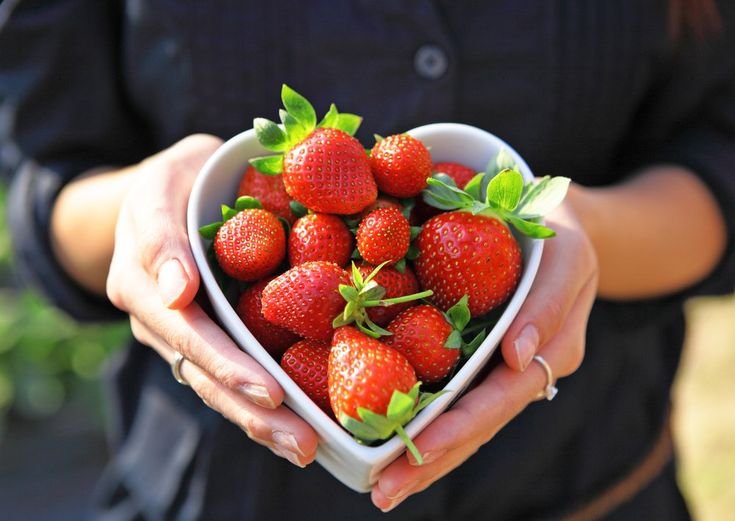
Many fruits and vegetables are low in FODMAPs and provide essential vitamins, minerals, and fiber. Consider incorporating:
- Vegetables: Green beans, carrots, spinach, kale, bell peppers (red, yellow, orange), zucchini, cucumbers, lettuce, potatoes, sweet potatoes (in moderation), and small amounts of Brussels sprouts (cooked, and in smaller portions, as some cruciferous vegetables can be problematic for some).
- Fruits: Bananas (ripe, yellow), blueberries, strawberries, raspberries, oranges, grapes, kiwi, and cantaloupe.
READ MORE: Reduce and Heal Acid Reflux with Diet
3. Gluten-Free Grains: A Smart Swap for Many
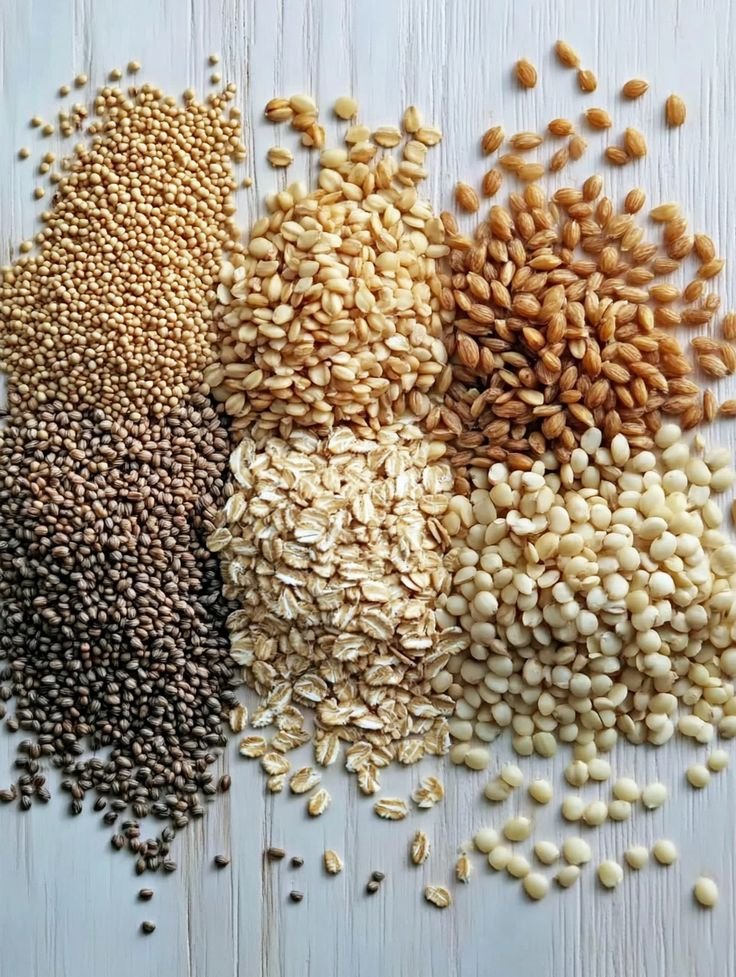
While a gluten-free diet is primarily indicated for individuals with celiac disease or non-celiac gluten sensitivity, many IBS patients report improved symptoms when reducing or eliminating gluten. This is often because many gluten-containing grains are also high in FODMAPs (specifically fructans). Good alternatives include:
Rice (white and brown)
- Quinoa
- Oats (certified gluten-free to avoid cross-contamination)
- Corn and corn products (check for high fructose corn syrup in processed items)
4. Lactose-Free Dairy and Alternatives: Soothing the Gut
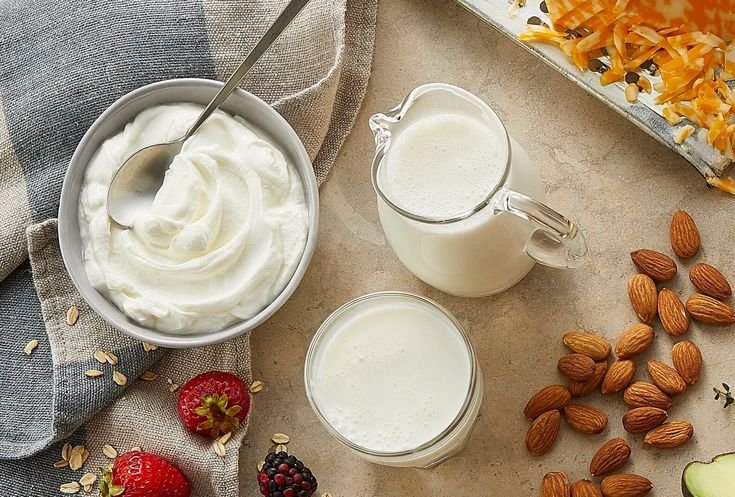
Lactose intolerance is common among IBS sufferers and can mimic many symptoms of irritable bowel syndrome. Lactose, a disaccharide, is a FODMAP. Fortunately, a wide array of lactose-free options are available:
- Lactose-free milk
- Lactose-free yogurt
- Hard cheeses (naturally low in lactose)
- Plant-based milks like almond milk, rice milk, and soy milk (made from soy protein, not whole soybeans). Be mindful that some alternative milks might contain artificial sweeteners or other additives that can irritate the gut.
5. Healthy Fats: Fueling Your System
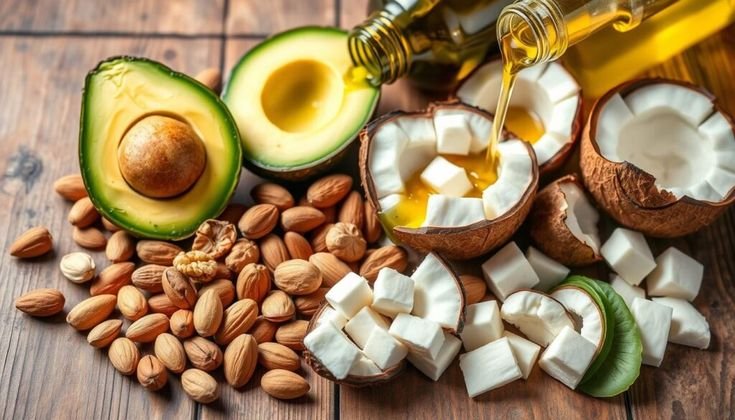
Healthy fats are important for a balanced diet. Olive oil and other vegetable oils are excellent choices. Avocado is also a good option in controlled portions, as it can be high in polyols in larger amounts.
6. Hydration: The Unsung Hero

Drinking plenty of water throughout the day is crucial for healthy bowel movements and preventing constipation, a common issue for many types of IBS.
READ MORE: 20 Best Healthy Salad Recipes – Wellness Warrior Journey
Foods to Approach with Caution (or Avoid)

Just as there are beneficial foods, there are also common culprits that can trigger gastrointestinal symptoms in IBS patients.
1. High-FODMAP Foods: The Usual Suspects
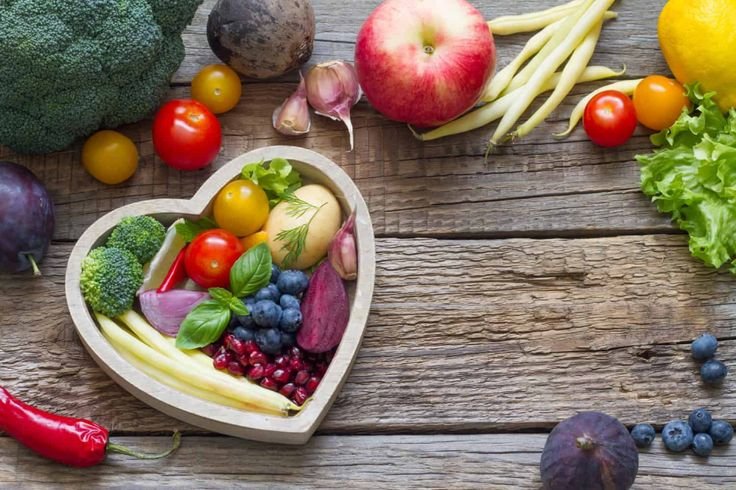
Beyond the initial elimination phase, identified high-FODMAP foods should be consumed with caution or avoided based on individual tolerance. These often include:
- Dairy products containing lactose (cow’s milk, ice cream, soft cheeses)
- Certain fruits: apples, pears, mangoes, watermelon
- Certain vegetables: onions, garlic, asparagus, cauliflower
- Legumes: beans, lentils, chickpeas
- Wheat and rye products
- Artificial sweeteners (sorbitol, mannitol, xylitol)
- High fructose corn syrup
2. Fatty Foods and Fried Foods: A Gut Wrench
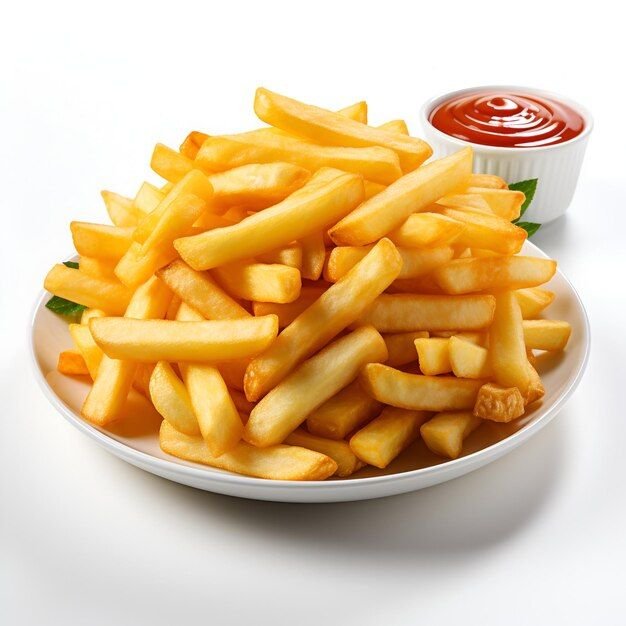
Fatty foods and fried items like French fries can slow down digestion and trigger abdominal pain and other symptoms, especially for those with IBS-D symptoms (diarrhea-predominant IBS).
3. Spicy Foods: The Heat is On (Your Gut)
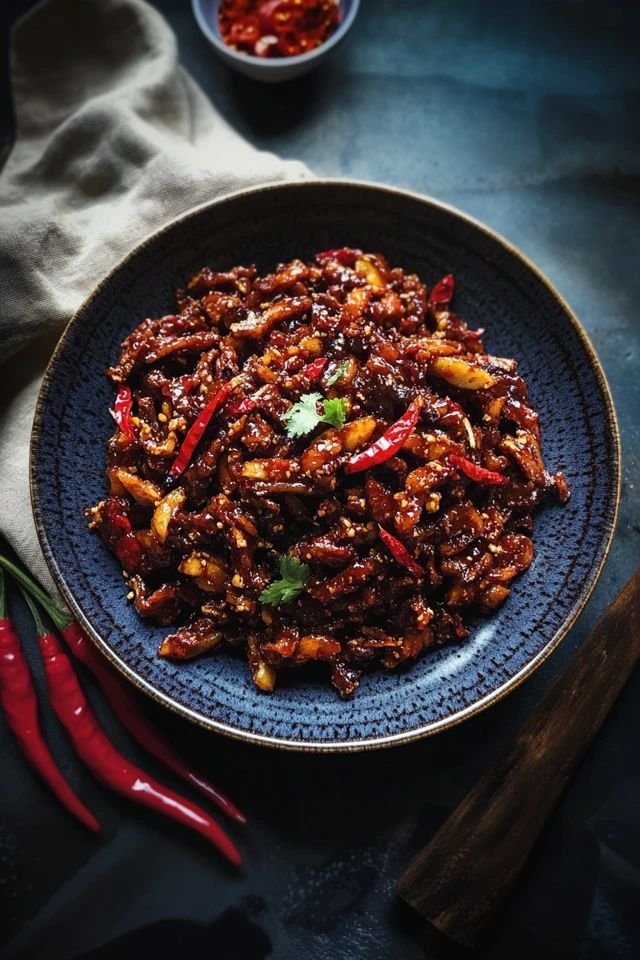
For many, spicy foods can irritate the digestive tract and exacerbate IBS symptoms.
4. Alcoholic Beverages: A Direct Irritant

Alcoholic beverages can irritate the gut lining and disrupt gut flora, leading to increased symptoms.
5. Carbonated Drinks and Fruit Juice: Hidden Sugars and Gas
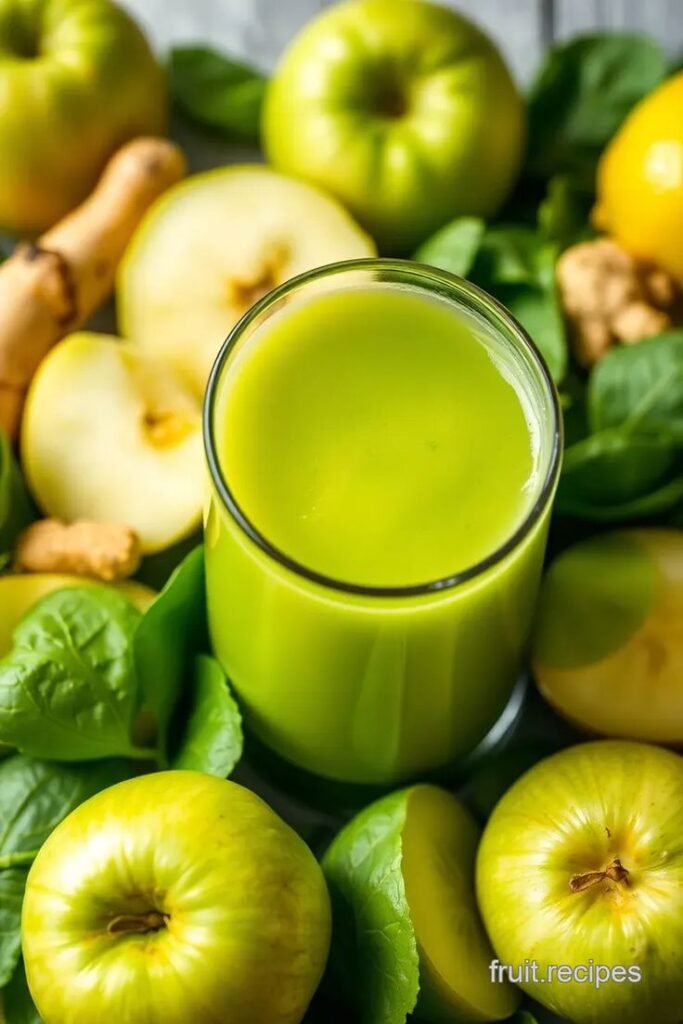
Carbonated drinks can contribute to bloating and gas. While fruit juice seems healthy, it often contains concentrated amounts of fructose, a FODMAP, and lacks the beneficial fiber of whole fruit.
Beyond Drinks for Irritable bowel syndrome
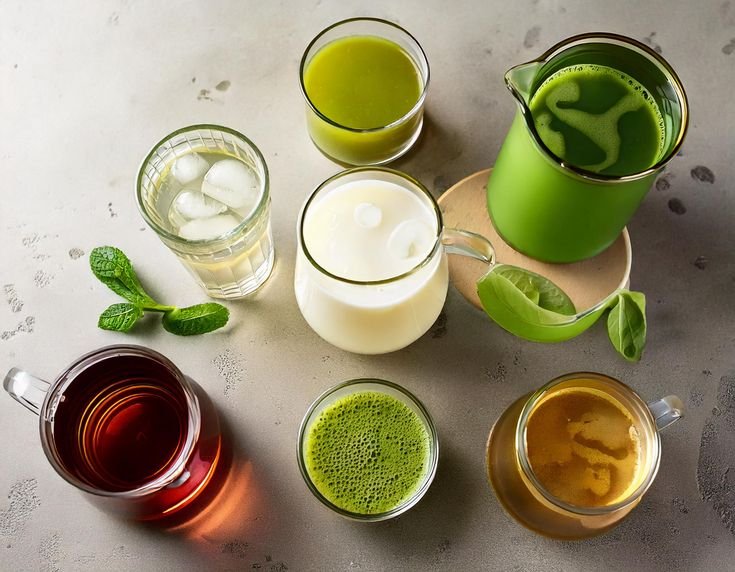
Living with Irritable Bowel Syndrome (IBS) can feel like navigating a minefield, especially when it comes to what you eat and drink. But don’t fret, Funky Fresh Fam! Hydration is key for managing IBS symptoms, and there are plenty of tummy-friendly sips to keep you feeling good.
The Hydration Heroes (Your Go-To Drinks):
- Plain Water: This is your absolute best friend. Adequate water intake (aim for 8 glasses a day, or even more if you experience diarrhea) is crucial for digestion, preventing constipation, and reducing bloating. If plain water feels boring, infuse it with low-FODMAP fruits like orange or cucumber slices, or herbs like mint or basil.
- Herbal Teas: Many herbal teas are incredibly soothing for an upset gut.Peppermint Tea:A superstar for IBS relief, peppermint helps relax intestinal muscles and ease cramping.Ginger Tea:Great for nausea and boasts anti-inflammatory properties.Chamomile Tea:Known for its calming effects, it can help reduce gut spasms.Fennel Tea:Promotes healthy digestion and can reduce gas.Turmeric Tea:Valued for its anti-inflammatory benefits, which can be helpful for gut irritation.
- Herbal Teas: Many herbal teas are incredibly soothing for an upset gut.
- Peppermint Tea:A superstar for IBS relief, peppermint helps relax intestinal muscles and ease cramping.
- Ginger Tea:Great for nausea and boasts anti-inflammatory properties.
- Chamomile Tea:Known for its calming effects, it can help reduce gut spasms.
- Fennel Tea:Promotes healthy digestion and can reduce gas.
- Turmeric Tea:Valued for its anti-inflammatory benefits, which can be helpful for gut irritation.
- Lactose-Free Dairy & Plant-Based Milks: If dairy triggers your symptoms due to lactose intolerance (common with IBS), opt for lactose-free cow’s milk or plant-based alternatives.Almond Milk: Generally well-tolerated.Rice Milk:Another good low-FODMAP option.Hemp Milk:A good source of nutrients and often IBS-friendly.Oat Milk: Can be a good choice, but check labels for added high-FODMAP ingredients.Soy Milk (from soy protein): Make sure it’s made from soy protein, not whole soybeans, for lower FODMAP content.Coconut Milk (from a carton, UHT): Stick to smaller servings (around 1/2 cup) as higher amounts can be high in FODMAPs.
- Lactose-Free Dairy & Plant-Based Milks: If dairy triggers your symptoms due to lactose intolerance (common with IBS), opt for lactose-free cow’s milk or plant-based alternatives.
- Almond Milk: Generally well-tolerated.
- Rice Milk:Another good low-FODMAP option.
- Hemp Milk:A good source of nutrients and often IBS-friendly.
- Oat Milk: Can be a good choice, but check labels for added high-FODMAP ingredients.
- Soy Milk (from soy protein): Make sure it’s made from soy protein, not whole soybeans, for lower FODMAP content.
- Coconut Milk (from a carton, UHT): Stick to smaller servings (around 1/2 cup) as higher amounts can be high in FODMAPs.
- Drinks to Approach with Caution or Avoid:
- Caffeinated Beverages:Coffee and highly caffeinated teas can stimulate the gut and worsen symptoms like diarrhea and abdominal pain for many.If you must have coffee, opt for decaf or limit your intake to a small, weak cup.
- Carbonated Drinks:The bubbles in sodas, seltzer, and sparkling wine can introduce excess gas into your digestive system, leading to bloating and discomfort.
- High-FODMAP Fruit Juices:Juices from fruits high in fructose (like apple, pear, and mango) can trigger symptoms.Stick to small servings of low-FODMAP juices like cranberry (unsweetened) or small amounts of fresh lemon or lime juice.
- Alcohol:Alcohol can be an irritant to the gut and a diuretic, potentially worsening dehydration and IBS symptoms.If you drink, do so in strict moderation and choose low-FODMAP options like clear spirits (gin, vodka) or a glass of dry wine, always with plenty of water.
- Artificial Sweeteners: Many artificial sweeteners (like sorbitol, mannitol, xylitol) are polyols, which are high in FODMAPs and can cause gas, bloating, and diarrhea. Check labels carefully!
Listen to your body, as everyone’s IBS triggers are unique. What works for one person might not work for another. Keeping a food and drink diary can help you identify your personal triggers and find your ultimate IBS-friendly sips!
Beyond Diet: Holistic Approaches to IBS Management

While dietary modifications are foundational, remember that IBS is multifactorial. Consider these lifestyle changes:
- Stress Management: Stress is a major trigger for many IBS sufferers. Techniques like meditation, yoga, and deep breathing can be incredibly beneficial.
- Regular Exercise: Physical activity can help regulate bowel movements and reduce stress.
- Smaller Meals: Eating smaller meals more frequently rather than large, infrequent ones can ease the burden on your digestive system.
- Fiber Supplementation: For some, a fiber supplement (especially soluble fiber like psyllium husk) can help regulate bowel habits. Always consult your healthcare professional before adding supplements.
- Probiotics: Certain strains of probiotics can help balance gut flora and improve gut health. Discuss this with your healthcare provider.
The Path Forward: Your Personalized IBS Diet

There’s no one-size-fits-all “best diet” for IBS. The best way to manage your symptoms is through a process of careful observation and professional guidance. The American College of Gastroenterology emphasizes personalized care for IBS patients, recognizing the variability in individual responses to different foods.
By understanding your food intolerance and implementing targeted dietary changes, you can make significant improvements to your quality of life. Remember, Wellness Warriors, knowledge is power. Embrace this journey with patience, consistency, and the support of a qualified healthcare professional or registered dietician. You can regain control over your gut health and thrive!

